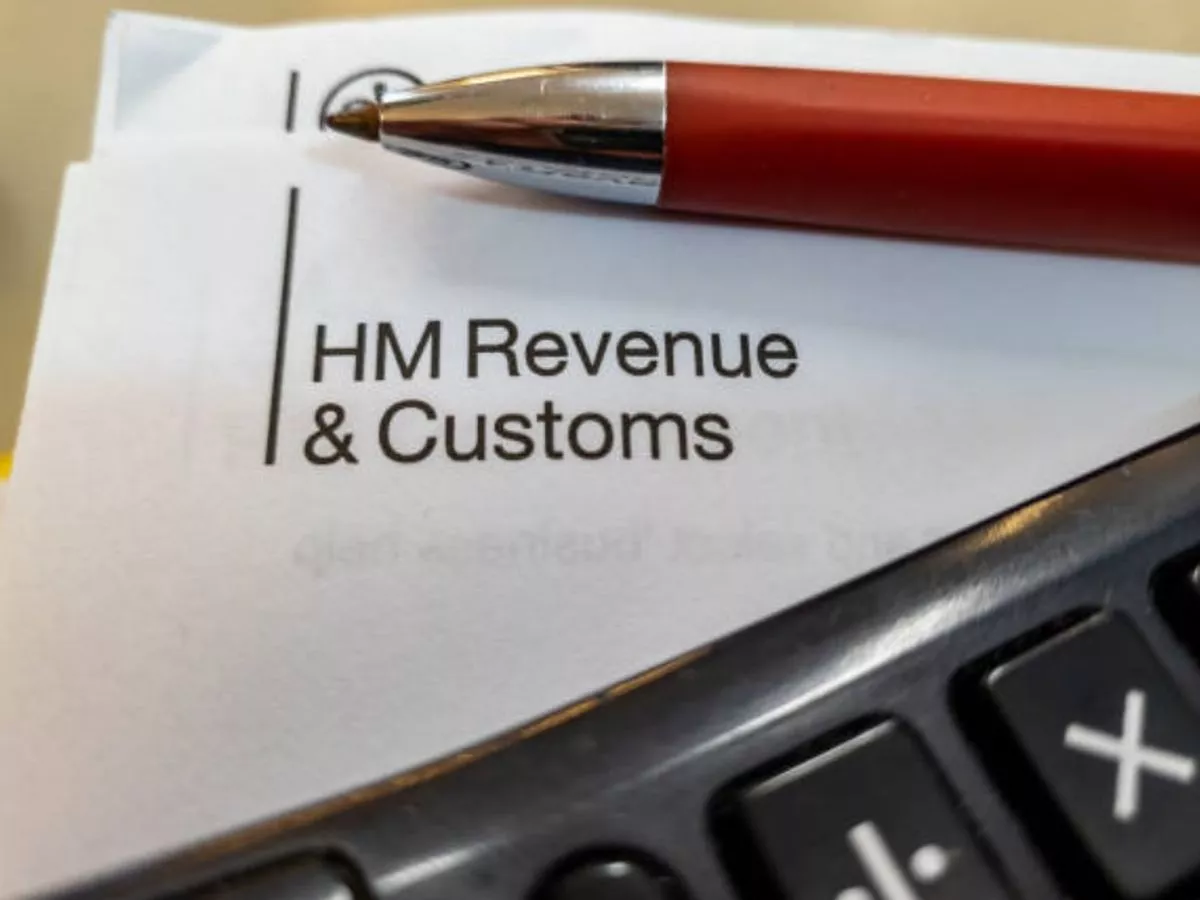Copyright birminghammail

HMRC has warned taxpayers may need to make a phone call over £2,250 bills from the Department for Work and Pensions ( DWP ). The taxman responded to a taxpayer who reached out to the Labour Party government's tax authority via Twitter, now X. One HMRC Child Benefit recipient wrote in to say: "I have just received a letter which was left in the wrong address, saying I must have to paying high income child benefit charge. "I tried to discover if I have to pay or not and tried to set up PAYE payments, however it says there is an error. I want to be honest" They said: "I know. I read about it. The issue it's when I try to do payment using PAYE options shows "there is an error". I need help." READ MORE New 10mph speed limit in England 'for next six months' with drivers warned HMRC replied: "In that case, I'd recommend a call to an adviser for them to check this for you, and advise further. The contact details are in the link." HMRC says you can ask HMRC’s digital assistant to find information about PAYE, tax codes, claiming a tax refund and proof of employment history. If the digital assistant cannot help you, you can ask to transfer to an HMRC adviser if they’re available. This service is part of the personal tax account, and you can use it to check your tax code, the information HMRC holds about your employment or an estimate of how much tax you’ll pay. You can find out when you can expect to receive a reply from HMRC to a query or request you’ve made. If HMRC needs to contact you about anything confidential they’ll reply by phone or post. You can also find out information in the official HMRC app - or your personal tax account or business tax account. You or your partner may have to pay the High Income Child Benefit Charge if you or your partner have an individual income that’s over the threshold and either you or your partner get Child Benefit - or someone else gets Child Benefit for a child living with you and they contribute at least an equal amount towards the child’s upkeep . It does not matter if the child living with you is not your own child. An individual income is over the threshold if it’s over £60,000 for tax years starting from 2024 to 2025 OR over £50,000 for tax years up to and including the tax year 2023 to 2024. To work out if your income is over the threshold, you’ll need to work out your ‘adjusted net income’. Your adjusted net income is your total taxable income before any allowances and not including things like Gift Aid. Your total taxable income includes interest from savings and dividends. If your adjusted net income is over the threshold and so is your partner’s, then whoever has the higher income is responsible for paying the tax charge. ‘Partner’ means someone you’re not permanently separated from who you’re married to, in a civil partnership with or living with as if you were.



